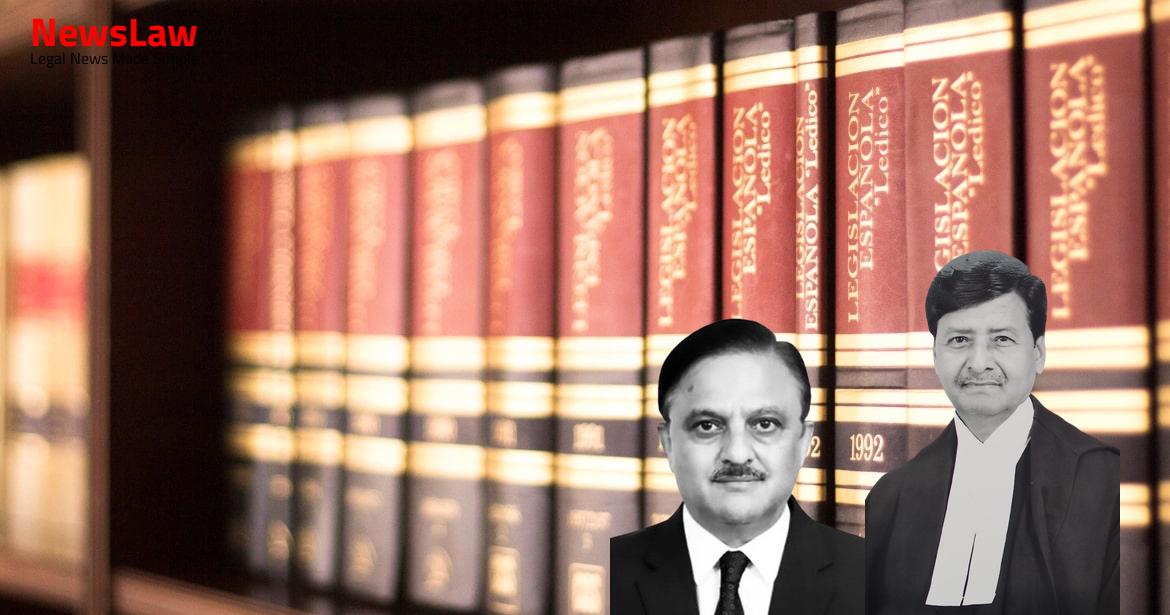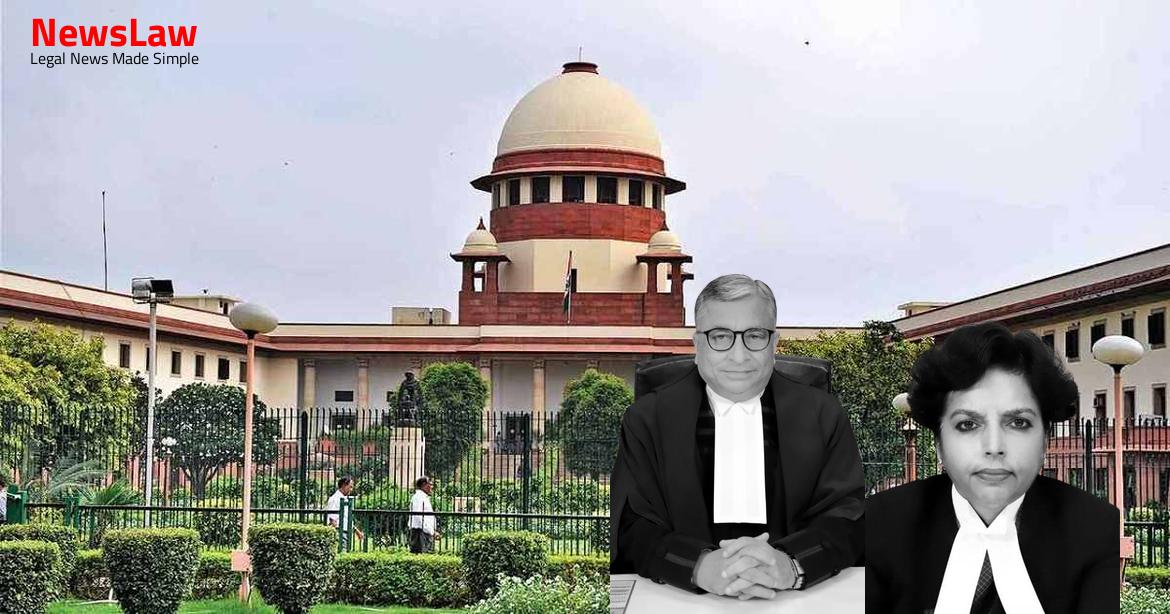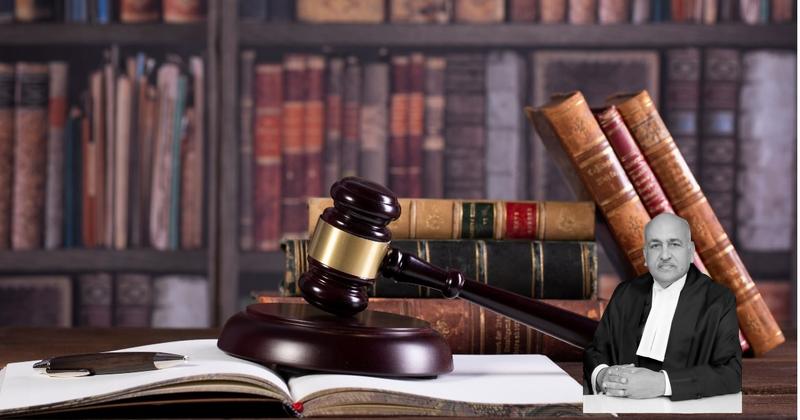In the case of State of Madhya Pradesh v. Sunita Devi, the Supreme Court of India has upheld justice against arbitrary state actions. The petitioner, Sunita Devi, has been fighting since 2008 for her rightful appointment to the post of Samvida Shala Shishak Grade-III. Despite numerous legal battles and attempts by the State Government to deny her claim through amendments and retrospective application of rules, justice has finally prevailed in this long-standing struggle for justice.
Facts
- The appellant was initially appointed as an Instructor in the Non-Formal Educational Centre by the State Government in 1990.
- Various writ petitions and appeals were filed by the appellant seeking appointment on the post of Samvida Shala Shikshak Grade-III.
- The High Court held the denial of appointment to be illegal and arbitrary but refused to grant the relief of appointment.
- The State Government amended the rules to make the appellant ineligible for the post due to discontinuation from the job of Instructor in 1993.
- The Writ Court directed the State Government to consider the appellant’s case for appointment despite the amendment.
- Subsequently, the State Government decided to abolish the post of Instructors.
- The appellant participated in the examination for Samvida Shala Shikshak Grade-III and passed but was not appointed.
- Litigation ensued when the District Education Officer rejected the appellant’s claim for appointment.
- The State Government promulgated recruitment rules for Samvida Shala Shikshak Grade-I, II, and III under the Madhya Pradesh Panchayat Samvida Shala Shikshak Rules of 2005.
- The legal battle of the appellant against the denial of appointment continued through various court proceedings and amendments to the rules.
- Division Bench of the High Court of Madhya Pradesh at Indore considered the matter in Writ Appeal Nos.1972 of 2019 and 799 of 2021.
- The appellants rejected the claim of the writ petitioner on 22.01.2014 even after the order passed in the contempt petition.
Also Read: High Court of Calcutta’s Ruling on English Bazar Municipality vs Neighbor Dispute
Arguments
- 1.1
- The writ petitioner has been struggling since 2008, seeking appointment to the post of Samvida Shala Shishak Grade-III.
- The State Government has consistently attempted to deny the writ petitioner’s rightful appointment.
- The petitioner has met all educational qualifications required for the position.
- Four writ petitions and a contempt petition were filed by the petitioner to claim her appointment.
- The State Government amended the Rules twice in an attempt to deny her claim.
- The amendments were made retrospective when the previous attempts failed.
- This prolonged legal process has made the petitioner overage for the appointment at 56 years old.
Analysis
- The case highlights the adamant, arbitrary, and mala fide approach of the State Government and its officials towards the appellant.
- Despite passing the selection exam in 2008 for the post of Samvida Shala Shikshak Grade-III, the appellant was denied her rightful appointment due to the State Government’s reliance on an amended rule with no retrospective application.
- Even after the High Court struck down the rule and issued orders in favor of the appellant, the State Government issued another notification in 2018 to circumvent the court’s orders.
- The Division Bench of the High Court failed to provide restitutive relief to the appellant despite acknowledging her unlawful deprivation of entitlement.
- The judgment of the Supreme Court emphasizes the responsibility of constitutional courts to ensure the lawfulness of executive decisions and the need for restitutive measures in cases of abuse of power.
- The situation calls for contempt proceedings against the erring officers of the State Government for their actions.
- The appellant, now 59 years old, was rendered ineligible for appointment due to subsequent developments, but the State is held liable to compensate her with Rs. 1,00,000.
- The Review Petition filed by the appellant against the dismissal of her claims was also rejected, demonstrating the continued denial of relief despite successful litigation.
- The primary duty of constitutional courts is to control power and address illegal or arbitrary actions, with the secondary duty being to address the harmful consequences of such actions.
- High Court proceeding with contempt action against erring officers of State Government.
- Denial of relief to the appellant based on retrospective application of amended Rule 7-A.
- Contravention of earlier findings and conclusions by the High Court.
Also Read: Anwarkhan vs. State of Gujarat: NDPS Act Compliance Case
Decision
- The appellant is granted exemplary cost quantified at Rs. 10,00,000/- to be paid by the State of Madhya Pradesh within 60 days.
- The State Government is directed to hold an inquiry and recover the amount from the responsible officer(s) for their deliberate, illegal, and mala fide actions in denying relief to the appellant.
- The appellant is not entitled to back wages.
- The appellant shall be entitled to continuity in service and shall be appointed to the post of Samvida Shala Shikshak Grade-III or an equivalent post within 60 days.
- The appointment order will be effective from the date of the first appointment order issued pursuant to the selection process dated 31 August, 2008.
- The directions given are without prejudice to the contempt proceedings contemplated by the High Court in the order dated 7 May, 2022.
- The appellant deserves restitutive relief and compensation for the misery caused by the arbitrary and high-handed actions of the State Government and its officials.
Case Title: SMITA SHRIVASTAVA Vs. THE STATE OF MADHYA PRADESH (2024 INSC 378)
Case Number: C.A. No.-005938-005940 – 2024



